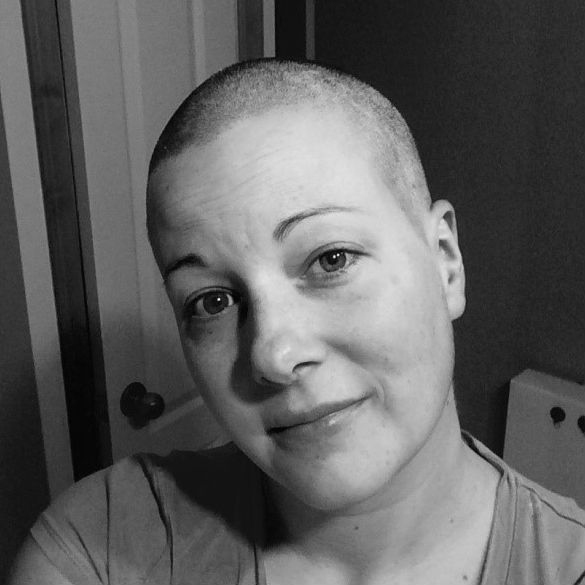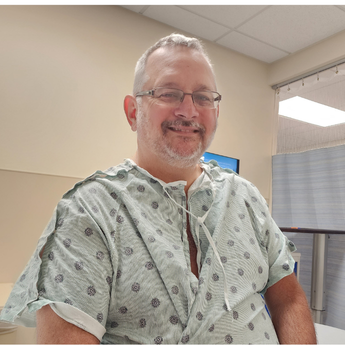Inflammatory breast cancer (IBC) is a rare and aggressive form of the disease that doesn’t get a lot of attention. It’s tough to diagnose because of its unusual symptoms, and it’s more common in young women which makes it particularly tricky since the symptoms mimic that of mastitis, a common breast infection in new moms who breastfeed. Here’s what you need to know:
Symptoms
The symptoms for IBC don’t appear like regular breast cancers. First off, you don’t often find a lump. Instead, your breast may appear red, itchy, swollen, warm and tender. This happens because of the way the cancer cells have formed in the breast. They block the lymph vessels in your skin causing infection-like symptoms instead of one solid lump.
Treatment
When IBC is initially diagnosed it is always considered locally advanced. This is because it has already spread to surrounding tissue in the skin and/or lymph nodes. Further tests are done to confirm if it has spread beyond local tissue to distant organs, known as stage IV or metastatic. It can be a very aggressive, fast-growing cancer so treatment can also be aggressive.
-
Chemotherapy and Targeted Therapy: Chemo is used first to shrink the tumour and eradicate any other cancer cells in the body. This is called neo-adjuvant chemotherapy. If the cancer is HER2+, targeted therapies are often used as well.
-
Surgery: Surgery is typically the next step when treating locally advanced IBC if the chemo was successful in shrinking the tumour. Since IBC affects so much of the breast, a lumpectomy (or breast conserving surgery) is not an option. Instead, the entire breast is removed in a modified radical mastectomy. An axillary lymph node dissection is also often done to remove the lymph nodes under the arm.
- Radiation: Radiation is given after surgery, even if signs of cancer are no longer visible. This is done because of the high chance of recurrence. Radiation helps to lower the risk of the cancer coming back.
- Further Systemic Therapy: Your doctor may decide to follow up your treatment with additional chemo, targeted therapy or hormone therapy. Targeted therapy would be used if your cancer is HER2+, while hormone therapy may be used if it is sensitive to the hormones estrogen and progesterone.
- Treatment of metastatic IBC: When IBC has spread beyond the surrounding tissue and lymph nodes, a slightly different approach to treatment is taken. This treatment is typical in all forms of metastatic breast cancer. Systemic therapies like chemo, targeted therapy and hormone therapy are used depending on the subtypes HER2 and HR. Surgery and radiation may be done if it can help to ease symptoms.
Statistics
- IBC tends to be more common in younger women and women of African ancestry.
- Up to 60% of IBC cases are HER2+.
- IBC tends to have a lower survival rate than other forms of breast cancer.
- The U.S. median survival rate for people with stage III IBC is approximately 57 months, or just under 5 years. The median survival rate for people with stage IV IBC is approximately 21 months, or just under 2 years. It’s important to note, however, that these statistics are outdated. They are based on data from a 1990-2008 study from the National Cancer Institute’s Surveillance, Epidemiology, and End Results (SEER) database. Recent advancements in research and treatment are leading to better survival rates for women with inflammatory breast cancer. Each person’s cancer and treatment are unique to them and these statistics do not reflect how an individual person will respond to treatment.
Photo by freestocks.org on Unsplash








